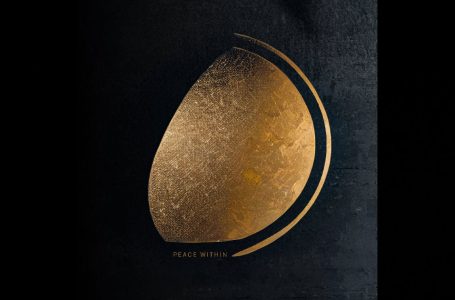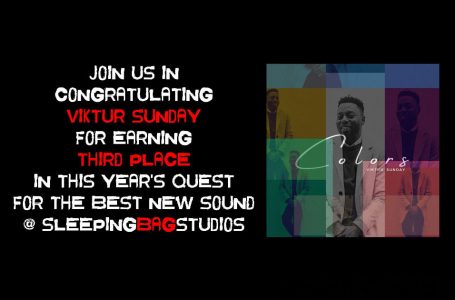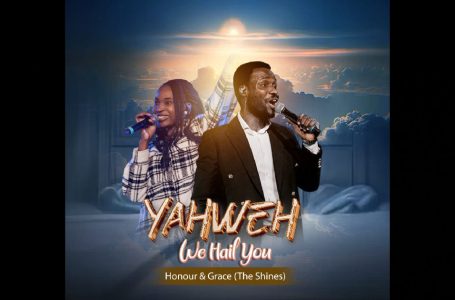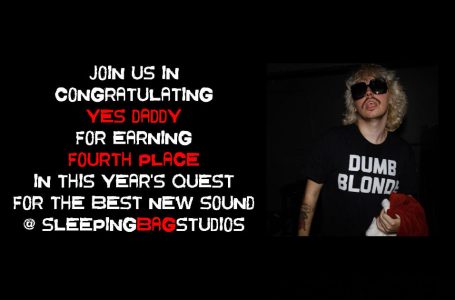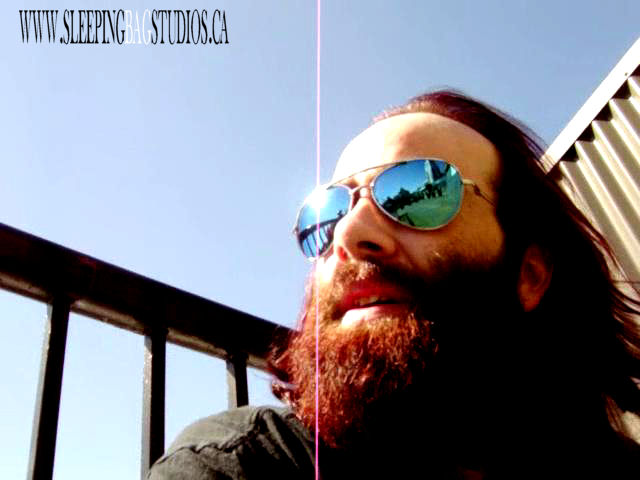Steven Lewis Malski
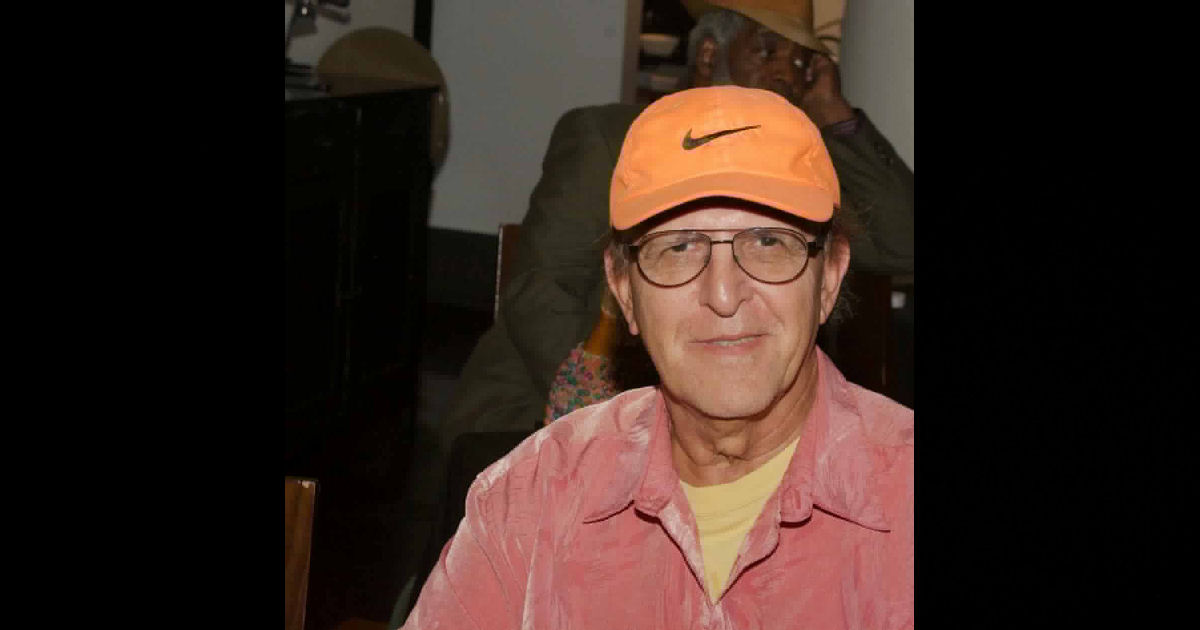
Interview with Steven Lewis Malski
SBS: Steve! Thanks so much for joining us here at the pages! From everything I’ve read, you’re a musician as well as a whole bunch of other things…one of them being that you’re an author of the new book, The Power Of Art In Healing And Transformation, which brought you to us here today. And I’m thankful for that brother, I truly am. I’m sure we’ll get into some music-stuff too, but it’s kind of nice to be able to talk about it from a literary standpoint as well for a change – so welcome my friend, thank-you for taking some time to talk to us all. From the title alone I’m interested…and many of the details I’ve read concerning what & why you’ve written this book only enticed me even further – fundamentally, I think I’m very much on the same page as you are my friend – art has been, is now, and always will be, essential to our health and well-being. Now…usually in these opening questions I’m asking some band or artist out there to give us an idea or impression of what they sound like…but I’ve gotta modify my methods here a bit to get everyone an idea of what you’re all about. So let’s try this – I think most people can get an idea of what the book is about from the title…so let’s focus on the why. Let us in on a bit of your own history and evolution as an artist Steve and fill the people in on why it was important for you to write The Power Of Art In Healing And Transformation…what drove you personally towards this topic and made you want to put this out into the world?
Steve: After returning from a year of travel around the world, I came home to find my sister was suffering from bi-polar disorder, something which did not emerge until her early adulthood. This led me on a journey of exploration of the causes, and cures, for such problems. I extended the frontiers of my research beyond just mental imbalances to physical disease, having been led by the great amount of information on alternative – or what are often socially based ritualistic cures – around the world throughout the history of many civilizations. I felt that, particularly in our time of very science – oriented approach to healing, that we are not using all our powers to cure. I feel, and it has been born out in many studies – that art affects us in ways with nothing else can. For instance, there are MRI studies of the brain which show that the act of making music stimulates almost all areas of both hemispheres of the brain. There is no other activity which can do this. In healing, I don’t mean to put aside allopathic medicine by any means, but only to suggest ways to enhance it. This of course is a holistic approach to healing.
SBS: According to these notes I’ve got here, this new book is actually a part of an ongoing series you have that connects a whole bunch of topics and their relationship to art. The Power Of Art In Politics And Diplomacy, The Power Of Art In Education And Learning, and now The Power Of Art In Healing And Transformation as well…and I have no doubt, there’s likely more to come. Here’s my question…because in some ways, I see a potential paradox here…between that relationship between formula & art. Follow me? Clearly as a series, there’s somewhat of a rhythm and pattern to the logic that these books would all possess…or at least that’s what I’d assume without having read them all myself, at first glance. I suppose in some ways, my question would be, is it accurate, right, or even possible to explain art in any sort of logical sense anyhow…and perhaps would the standardization of these ideas format-wise not potentially also work against or threaten some of the points you’d be trying to make? I’m just playing devil’s advocate here…wondering out loud where these more specific routes might take you in relation to art that wouldn’t ultimately conclude that yes, indeed, the effects are positive in each arena & here’s why kind of thing. So I guess the best idea is to just ask ya all this stuff while I’ve got you here…in an effort to see how you’ve chosen to express thoughts about art in what’s almost a more business-like atmosphere in the world of print. I like to think words & literature are certainly art as well, when properly used of course, but that’s a bit tougher for some to get their heads around…to many people…they’re just words. Characters on a page and nothing more. But in your books, I understand that you’ve reached into the realm of several artistic mediums to create more of a multi-faceted experience in your work…and I think explaining a bit about that might help inform the more artistically-inclined that it’s not just another textbook full of information, but that these books you write also have their own artistic merit as well.
Steve: I understand your point. The book I have written and the planned books in no way attempt to rationalize or dissect the process of art making or enjoying. Rather I have taken the position of an historian and journalist in presenting various little known traditions, rituals and art-forms which have been used throughout the ages to heal both physical and emotional problems. I have also explained why some art-forms, such as architecture are more than meets the eye in terms of effect on our physical and emotional bodies. The creation of art – its inspiration and originating energies – I feel is mysterious and inscrutable, and I have not attempted to remove the mask, but rather have drawn it in words and used the visual art of others to the best of my subjective ability to represent the process. In this sense the book itself is a work of art, and I hope a healing one.
SBS: When it comes to the relationship between music and mental health, I know I couldn’t have even survived my younger years without being able to vent my frustrations through the fired-up sounds of Nirvana or Rage Against The Machine, to calm myself down without some Carole King or Beethoven, to sing along & be happy without the songs of R.E.M., or to cry along without The Cure…as I’m sure you know far better than I do, it can be an incredible way to release emotions & energy of all-kinds. I’m thinking that it’s fair to assume, that for you to be as tied to being a musician as you were before you even became an author, that somewhere along the lines…you’ve felt the impact of that power of music many times and the extraordinary connection it has to the soul. Certainly enough to go much further with it than others have – you write about this kind of stuff now professionally! I’m trying to resist the impulse of just going after a top-5 list from ya…I want to change that up a little here. So how about this – what would you say some of the most pivotal artists/bands/songs/moments have been that you’ve personally experienced throughout your life that have helped shape the mindset & attitude you have today? What kind of music have you listened to that helped guide you throughout life and eventually discover The Power Of Art In Healing And Transformation?
Steve: I grew up in a very musical household and neighborhood, plus of course we had TV and radio. My father had classical music on from morning to night, and my sister played piano as well as I. My neighbors were R&B and jazz musicians. I was particularly taken with jazz growing up. I loved Dave Brubeck and Oscar Peterson. Miles came later. I remember hearing Hendrix for the first time when I was 15 or so and I thought well, that was strange but deep! Profound actually. I later got to see Hendrix at Woodstock, and that whole weekend changed my life. It has made me seek to always fulfill my inner longings. It was the music and the whole vibe of freedom that never left me, from that weekend. I enjoy so many artists and different genres now. From Latin, Chucho Valdes, Eddie Palmieri and a host of others, I like Hip Hop and its cross over to jazz. A Tribe Called Quest. I like R and B singers like Maxwell, D’Angelo. Quincy Jones has always been an inspiration. I could go on. There’s so much. Now my goals musically are to bring the sources of my inspiration to the fore in performance – piano, keyboards and voice.
SBS: Steve, I’m very curious about some of the studies you would have done to get the information you gathered in your new book. We’ve established that art is essential to healing in many ways – and that’s something I definitely believe in myself, always have, always will; much like yourself, music has always been there for me in that respect. What I’m wondering about has more to do with our history I suppose, which I know you’ve researched as well as experienced some yourself along the way through this journey we call life – did you discover any time periods specifically that could point to…I dunno how to phrase this…like…that connection between art & healing being more…important or crucial at some points in time than others perhaps? Was there a link between what was happening on a social/global-level at that some point that might have people reaching out to the arts more for support than there were at others throughout history? And do we see the effects of that healing effort in any kind of future results that can somehow be measured to know if they did find the solutions they needed? I mean…I suppose the evidence is largely the fact that we’re both here today in some ways…but are there others?
Steve: I think we have grown somewhat distant from art as an integral healing force. I think this has been in large part due to the very real and effective use of technology and science in promoting healing, and the concomitant sidelining of other less hard – edged healing modalities. There are very many examples in my book which outline art as a healing force in particular cultures. I don’t want to rewrite the book here. But your question leads to the very important point that now as a society we tend to put art of in the corner as a sort of tangential activity, which we partake of as somewhat fleetingly at times. This is as opposed to earlier cultures in which art was lived every day, in the streets and homes, and was part of the fabric of life and society. The danger in separating art from life, or as many school systems are doing – excluding it completely – is that the very mirror from which we discern our identity is lost, is degraded and in some cases destroyed. This leads society at times to having difficulty in discerning its values and identity, and can open the way for opportunistic powers to do some form of Orwellian mind control. It also leads to a rootlessness of individuals, and this often leads to mental instability, crime and I think physical and emotional illness.
SBS: Just like the perception of art can change from person to person, ideals can also be looked at in several ways. To someone like myself, all these points you’d be making between the relationship of art to the subject of choice, would more than likely make a whole ton of sense to me – because I believe in that…empirically, I’ve experienced the evidence firsthand in my own life many times. That being said, I’m no stranger to just how many critics there are out there…and in today’s world especially perhaps, it seems that no side can be taken without the opposite perspective rearing up to argue against it. So…how do you respond to someone that just doesn’t ‘get’ what you’re gettin’ at Steve? Is it one of those moments where you have to recognize that some people can be reached whereas others cannot? How would you say that these books would be…like…more credible than the average self-help book? What about all those people that would just grunt and say this is just some ‘new-age thinking’ and go back to their TV to watch a whole bunch of commercials & a bit of programming in between? Is there a way to explain to people that what you’re writing is as essential as I believe it is, when say, maybe music, literature, or art in any form isn’t a normal part of their everyday diet or feel like it needs to be?
Steve: That’s precisely what I’m talking about in the answer to the last question. There are societies and cultures where art is a part of everyday life as much as is eating and breathing. We have been led away from this by various forces. I would not address people directly, but rather, I would say put art back in the schools, support artists financially. See it as an investment in the health of society. I would convince our leaders by the arguments I gave in the answer to the last question. There is an element of economics and politics which must be addressed, and control. This is another discussion however.
SBS: I’ll try to leave this one as wide-open as possible for you Steve…I know I ramble a lot. So I’ll let your mind wander here and see what comes out as the ultimate assessment of what you’re attempting to explain to the world…you know, as if ALL that you do could be summed up somehow in just a couple of sentences – impossible! But between all these books that you’ve written and ones that you’ll write in the future…is there one specific message or intention that ties them all together? What purpose do you hope they will serve and how will you know if the messages you’re putting out there are being received?
Steve: As I have said to others, this book is an answer to those who have in one way or another sought to stifle my creativity, and my spirit. I have faced that in some areas of my life and this book is an answer to that. I hope it has the same liberating and healing effect on those who read it as it has had in me writing it. Just to be clear. I have only written this book, the other titles are in the works.
SBS: Just out of my own sheer curiosity…I figured if you don’t mind, I’ll actually ask you for some personal advice…and hopefully a few more people out there will benefit from the answer than just me. I am…ugh…attempting my first novel for what feels like the eightieth time. If you check through the pages that this interview ends up getting posted on, you’ll see the evidence there to show you that it’s not the writing itself that scares me or stops me…I do plenty of that every single day. But when it comes to ‘book time’ and I try to get further than say like, a hundred pages into something…something strange happens and I just get stuck in ways that I can’t describe. The longer that goes on for, the more the details of what has/hasn’t been written become fuzzy…I know I can always do a quick re-read to some extent, but I actually read phenomenally slower than I can write, so the idea of doing that becomes a horrendous solution. Sometimes I can pull that off…only to be stuck again or too busy to get to the extra-curricular that writing so often becomes, and once again be in the same position weeks later. I like my ideas, I like the art, I like the process…but there’s still something that must be missing in me personally or something that I’m not considering that’s preventing me to move forward. Any theories? Is it just that my memory sucks? Outside of music it sure does. So…I mean…is it just amatter of taking better notes? How in the heck do you get from page one to the end of a full novel Steve? Tips?
Steve: Start from the end! HAHA
It sounds to me that you’re possibly trying to cover too much ground in the book and you’re getting lost in it. I would say narrow your main thesis or idea down as much as possible, then build the story around that, always keeping it in sight, never deviating from it. This will help you control the process.
SBS: Dude, truly – thank-you so much for your time, I’ve had a riot thinking about all these different aspects of art & how it relates to different parts of our culture, history, and politics…it’s been a lot of fun to write this up and I’m stoked to see how you’ll respond. I have a genuine respect for the mission you’re on…and I hope you’ll forgive me for playing the devil’s advocate so much here throughout this interview…I suppose I just like to give people the opportunity to explain as best they can what it is they do and get the wheels turning about why they choose to do it all as best I can. Bottom line though Steve, is I truly believe what you’re doing is very important, and I think you’re literally making our world a better place by adding to it in the ways that you have and supplying people with a map that can effectively link their world to art and how much of a role it plays in all of our lives – so truly, thank-you!
We always save this final spot for anything else we didn’t cover, or stuff that you’d like to mention that about what’s coming up for ya, or anything else you might want the people to know – our ‘open floor’ here for your final thoughts, whatever they may be, you’re welcome to share anything else that you like. It’s been a true pleasure and a privilege to speak with you my friend – and I hope this won’t be the last time that our paths cross. All the best to you Steve – thanks again!
Steve: Your questions helped me bring out my main points well, and for this I am grateful. Hope to meet you again!
For more information on Steven Lewis Malski visit his main website at: stevemalskiniles.com
We’ve got questions, you’ve got answers – be our next interview guest at sleepingbagstudios by clicking here!



